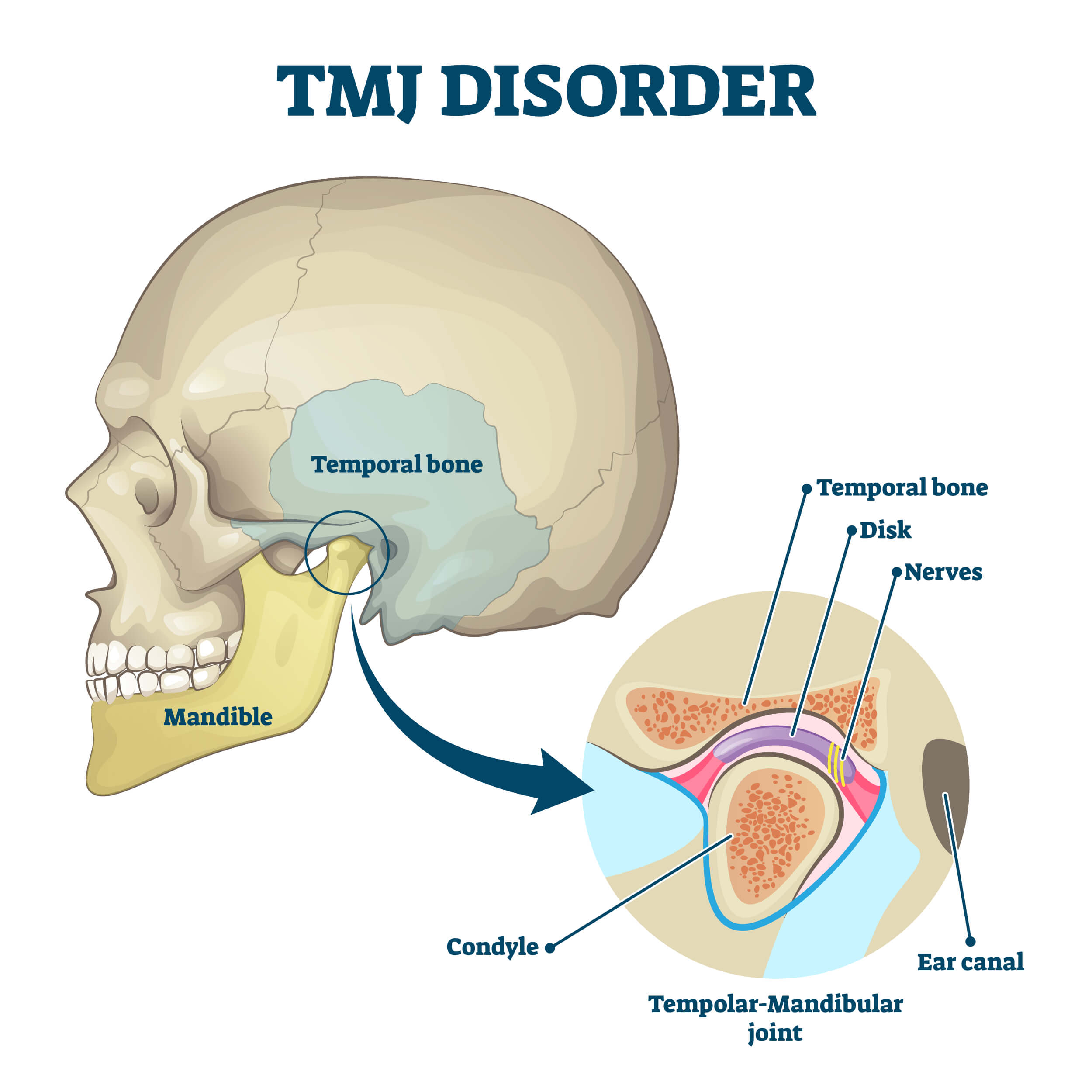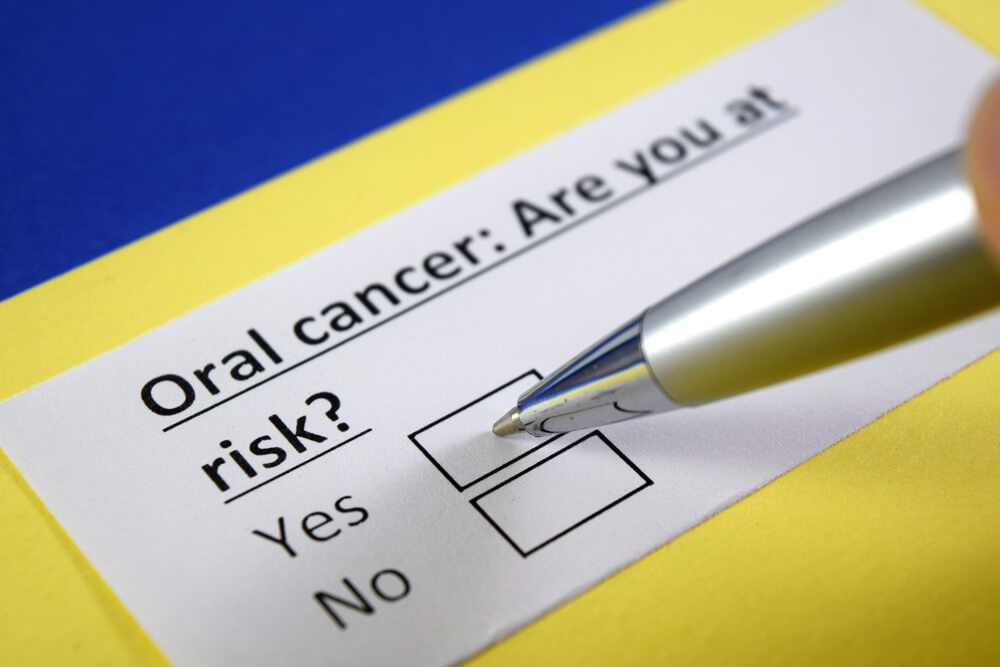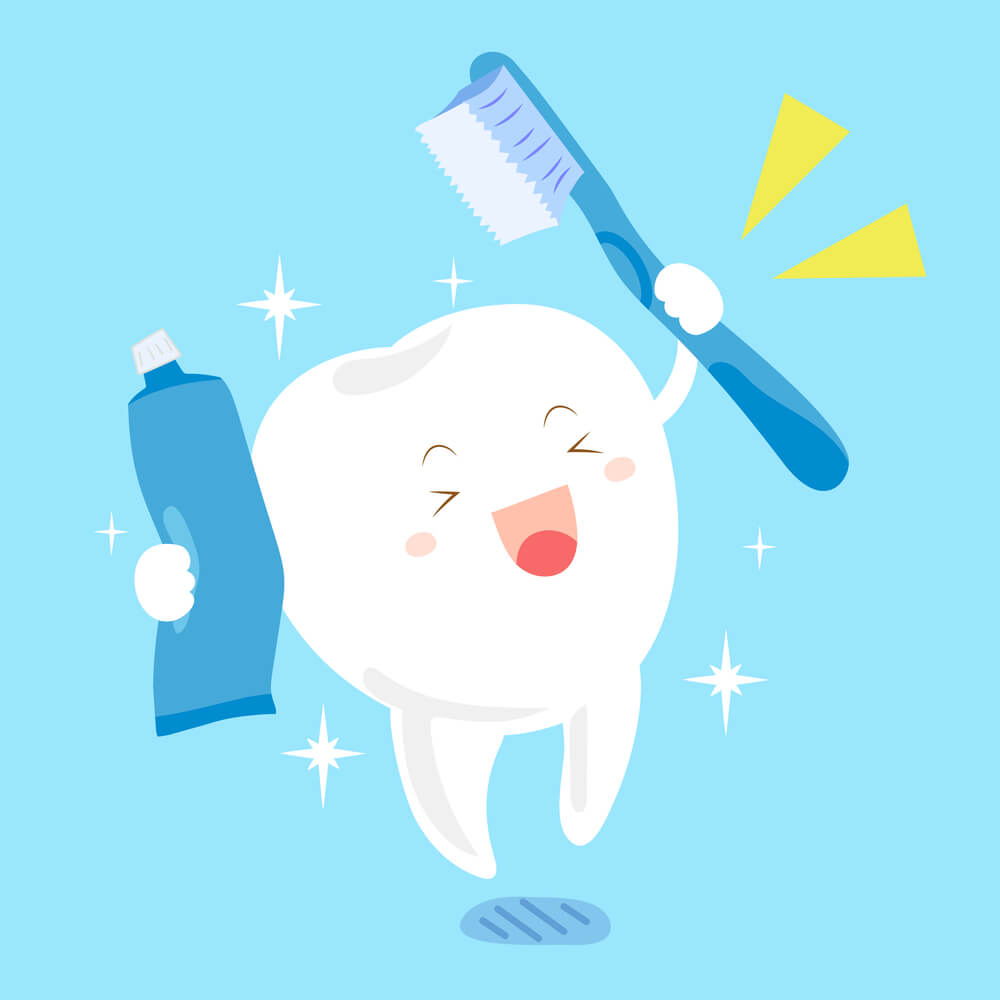
More often than not, patients will ignore pain and discomfort that may signal something more serious, like TMJ Disorder or Oral Cancer. It’s important, especially during TMJ Awareness Month, to visit your dentist to assess your overall oral health and make sure your health and smile are in tiptop shape. The holidays are just around the corner, so what better time to check in with your teeth than before the onslaught of merriment (and stress) that goes hand in hand with the holiday season.
Let’s Talk TMJ Disorder
TMJ (sometimes TMD) refers to temporomandibular joint disorder. The temporomandibular joints — one on each side of your jaw — are the connection point for the jawbone to the skull and function as a sliding hinge, keeping jaw movement smooth and unfettered. Any misalignment or issues in this area can wreak havoc and cause a great deal of pain, so it’s important to be aware of the symptoms of TMJ and ways to get help.
If it’s working well and is in alignment, the temporomandibular joint goes mostly unnoticed on each side of your head. But if there’s pain in your jaw or muscles around the jaw, you could have a TMJ disorder that’s gone undiagnosed.
 What causes TMJ disorders?
What causes TMJ disorders?
The root of TMJ disorders is often tricky to pinpoint. They occur when joint cartilage becomes inflamed or out of alignment. Overuse can be one cause. Genetics can also be to blame, as well as injuries to the mouth or jaw or arthritis. Bruxism (grinding one’s teeth) can also be a culprit, as can orthodontic treatments such as braces. Bad posture can also create TMJ problems.
Fortunately, in most cases, TMJ disorders resolve over time, and pain is temporary and able to be managed conservatively. In unusual cases, TMJ sufferers may require surgery to correct the issue. TMJ disorders are quite common, affecting millions in the U.S., particularly women in the 20 to 40 age range. But TMJ disorders tend to go unnoticed or overlooked during routine medical exams. It can also be misdiagnosed as a wide range of other ailments, so it’s important to talk with your dentist if you suspect you might have TMD.
What are the symptoms of TMJ disorder?
- Odd soreness or stiffness in shoulders and neck
- Painful chewing or talking
- Pain in ears or around ears
- Intense tension headaches
- Migraine headaches
- Jaw locking up
- Inability to close or open mouth correctly
Is TMJ pain treatable?
The good news is, yes, there are many ways to manage or lessen TMJ discomfort. Taking a break from chewing gum or crunching on hard food can really help. Self-massage of the TMJ region on both sides of the head can also release uncomfortable tension and pain. Concentrating on better posture will go a long way, too. If you work all day in one position, be sure to take multiple breaks to stretch neck and back muscles involved in TMJ pain.

Symptoms related to TMJ disorder can come and go, so your best bet is to find ways with your dentist to treat the root of the problem in your particular case. A thorough exam and proper diagnosis of TMD is key.
How does a dentist diagnose TMJ disorder?
If you suspect you might be having TMJ issues, your dentist will note your range of jaw motion and listen for any crunching, cracking, or popping noises when you open your mouth and close it. Your dentist may also gently press on your jaw and head to locate tender areas.
If TMJ is suspected, your dentist may also order X-rays, and more uncommonly, a CT scan or an MRI to assess bone and cartilage erosion or misalignment, or problems in the jaw’s soft tissue. In some cases, a TMJ arthroscopy is necessary to view the jaw joint space to help with correct diagnosis.
What if ibuprofen and Tylenol don’t help my TMJ pain?
Depending on your particular case, your dentist may prescribe prescription-strength ibuprofen or — temporarily — muscle relaxants to relieve an acute TMJ muscle spasm. Tricyclic antidepressants such as amitriptyline can also be used in low doses to ease TMJ pain, insomnia, and bruxism issues.
Are there non-drug therapies that work for TMJ?
Dentists will often prescribe dental appliances such as mouthguards or oral splints for TMJ sufferers to wear over their teeth. This can often provide some relief, though the mechanism is not clear. Physical therapy such as ultrasound, ice, moist heat, and stretching and strengthening exercises can also be helpful. Counseling can also help when the TMJ disorder is suspected to be linked to habits such as chin-forward postures, fingernail biting, or teeth-grinding.
In rare cases, surgery may be indicated, but it’s more likely that more conservative measures can manage your TMJ.
Let’s Talk Mouth Cancer
 Mouth cancer is a serious problem. More than 650,000 people are affected each year, with it being twice as common in men. Late detection of the disease is typical and leads to poor prognosis and survival rates. The incidence of mouth cancer has also spiked almost 50 percent over the past decade, with almost 80 percent of cases occurring in the over-55 age group. Even more sobering is the fact that 25 percent of mouth cancers occur with no associated risk factors.
Mouth cancer is a serious problem. More than 650,000 people are affected each year, with it being twice as common in men. Late detection of the disease is typical and leads to poor prognosis and survival rates. The incidence of mouth cancer has also spiked almost 50 percent over the past decade, with almost 80 percent of cases occurring in the over-55 age group. Even more sobering is the fact that 25 percent of mouth cancers occur with no associated risk factors.
Mouth cancer can appear anywhere in your oral cavity — and any symptoms require immediate attention from your dentist. If you notice the following symptoms in your tongue, cheek lining, gums, lips, roof, or floor of your mouth, contact your dental team right away:
- White or red patches
- Growth or lump
- A sore that won’t go away
- Mouth and/or ear pain
- Difficulty or pain when swallowing
Fortunately, with early detection and screening, mouth cancer has good treatment odds.
Visit Dr. Lance Johnson Family Dentistry for TMJ Treatment and Oral Cancer Screenings
 Here at Lance Johnson Dentistry, we screen for TMJ and mouth cancer symptoms on a regular basis to keep your oral health at its best. So give us a call, and we’ll get you in for a TMJ and oral cancer screening to make sure your upcoming holidays are as happy and healthy as can be.
Here at Lance Johnson Dentistry, we screen for TMJ and mouth cancer symptoms on a regular basis to keep your oral health at its best. So give us a call, and we’ll get you in for a TMJ and oral cancer screening to make sure your upcoming holidays are as happy and healthy as can be.
